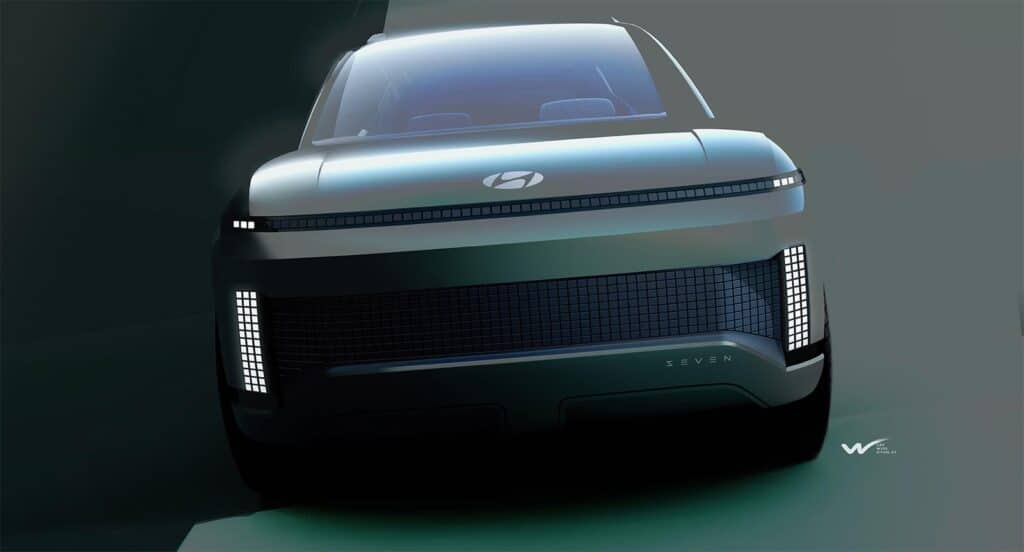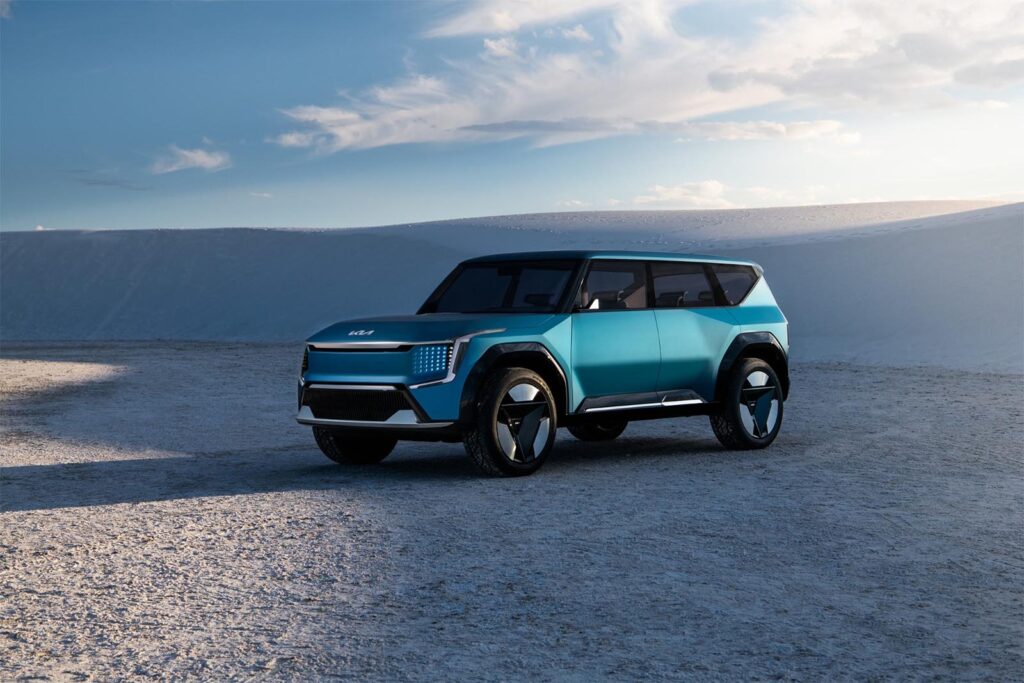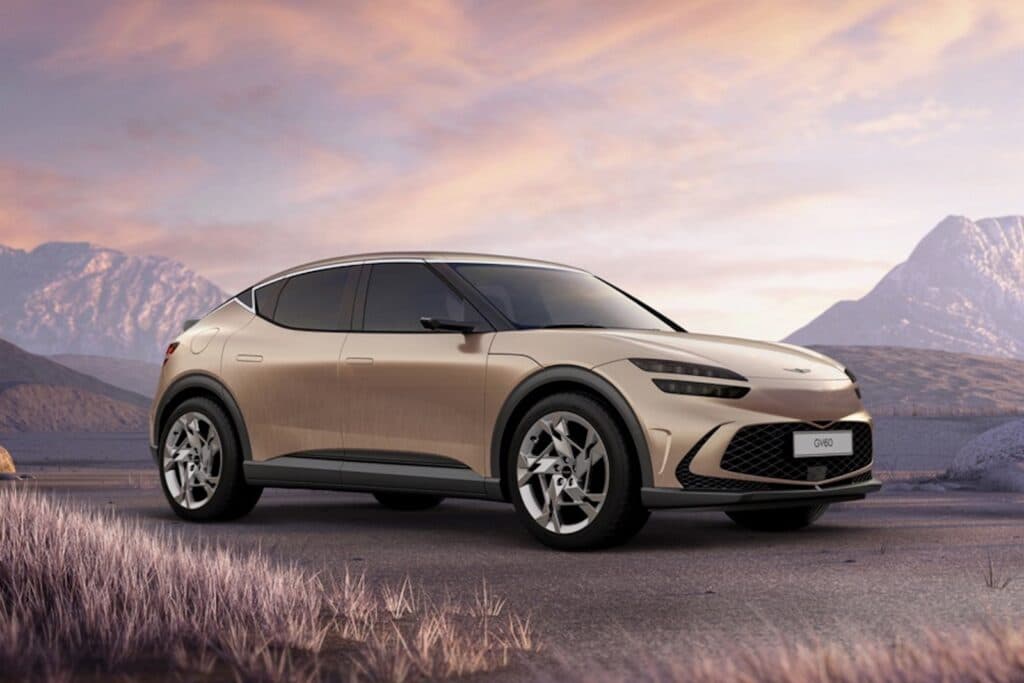[ad_1]
Hyundai Motor Co. has launched talks with government officials in Georgia where the automaker hopes to build a new U.S. assembly plant.

The facility would be dedicated to battery-electric vehicles and would produce models for at least two of the South Korean carmaker’s three brands: Hyundai and Kia — and possibly for its luxury division, Genesis, as well.
“We are excited to announce a new EV plant plan in the United States soon, but we do not have details to share at this stage,” Hyundai said in a statement that declined to confirm a report by Reuters the new factory would be located in Georgia.
Employment could hit 8,500
“Hyundai has been in advanced discussions with state officials to build a dedicated EV facility in Georgia, three people with direct knowledge of the talks told Reuters,” the wire service reported on Monday. “Details of the investment, including its projected cost and the number of jobs it would be expected to create, were not immediately known.”
Separately, the Atlanta Journal-Constitution reported the factory could be located on a 2,200-acre site previously offered to EV startup Rivian, as well as Volvo and Jaguar Land Rover. Employment, according to the paper, could climb as high as 8,500.

HMC already operates two U.S. assembly plants, a Hyundai facility in Montgomery, Alabama, and a Kia factory in West Point, Georgia. Those plants have been running at or near capacity for some time — though they’ve faced cutbacks since COVID struck due to the pandemic and shortages of semiconductors.
Big BEV plans
Hyundai is rapidly ramping up its electrification plans and is expected to reveal more details about the program later this month.
It already has announced the Hyundai brand will have 17 all-electric models in production by 2030, six of those for the Genesis brand, while Kia will have 14 battery-electric models in showrooms by 2027.
Hyundai recently launched the Ioniq 5 to complement its first long-range model, the Kona EV. Genesis is launching three BEVs, two based on existing gas-powered models, and the GV60 crossover based on the new E-GMP architecture. That skateboard like architecture is shared with the Ioniq 5, as well as the new Kia EV6. Kia last month announced plans for a larger model, the EV9, while Hyundai is readying a similarly sized SUV, the Ioniq 7.

Foreign automakers look to U.S. production
HMC is one of a growing number of foreign-owned automakers planning to produce battery-electric vehicles in the U.S. The Charleston, South Carolina plant owned by Volvo will produce BEVs for the Swedish automaker as well as spinoff Polestar.
Mercedes-Benz will produce the EQS SUV at its plant near Birmingham, Alabama, and BMW will produce BEVs at its factory in Spartanburg, South Carolina.
Vietnamese startup VinFast earlier this year revealed plans to erect a manufacturing complex in North Carolina that will produce two all-electric SUVs, the VF 7 and VF 8. The plan eventually could see an investment reaching nearly $7 billion with the addition of electric truck and lithium-ion battery production at the site.
Biden coughs up cash
A number of foreign-based suppliers have also laid out plans to add production of EV components in the U.S., with an emphasis on lithium-ion batteries. LG Chem is partnering with General Motors to set up a minimum four Ultium battery plants, the first opening this year in Lordstown, Ohio. SK Innovation, which supplies batteries to Hyundai, has added another two plants in Georgia. One will serve Ford, the other Volkswagen.
VW is getting ready to begin production of its first American-made BEV. Currently imported from Europe, the ID.4 will go into production during the 2023 model year in Chattanooga, Tennessee, with a second BEV to follow at that factory.
The Biden administration has been pressing to increase U.S. production of EVs, as well as batteries and other components. It last week announced a $3 billion fund to support that shift. The White House has laid out plans that would see zero-emissions vehicles grow to as much as 50% of the U.S. new vehicle market by 2030.
[ad_2]
Source link